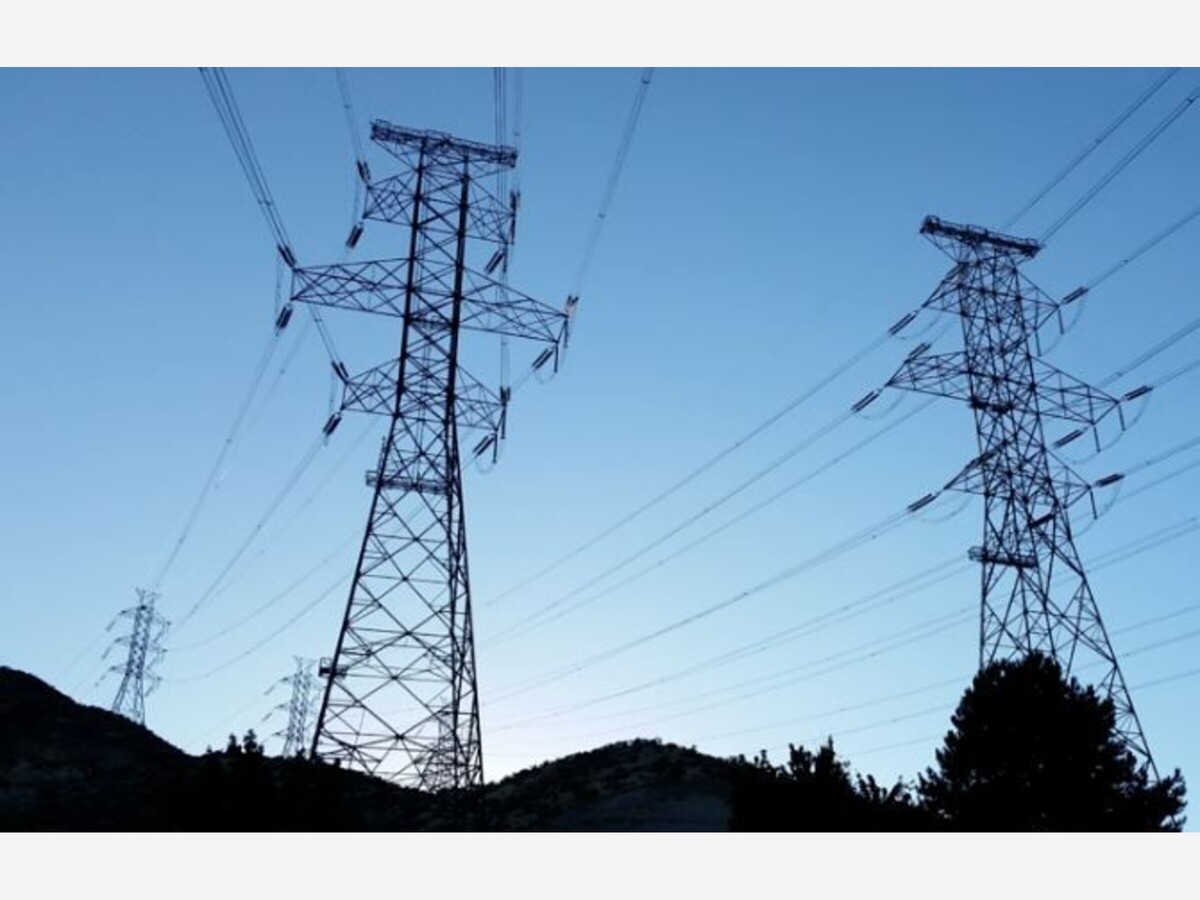Image

State House News Service
Consumer and climate advocates, led by the attorney general, are again pushing to outlaw the competitive electric supply industry from taking new customers, after Gov. Maura Healey recently released her own more moderate compromise to rein in the third-party market.
Attorney General Andrea Campbell filed a bill again this session banning third-party suppliers from selling electricity directly to residential customers, after a similar proposal won favor with the Senate last year but failed to survive private House-Senate negotiations on a clean energy bill that passed in November.
Massachusetts has allowed residents to buy electricity directly from a competitive supplier rather than a utility company since 1998, a feature of a 1997 deregulation law. Campbell and some advocates say the industry takes advantage of vulnerable residents and often ends up costing customers more money than basic utility service.
Testifying on the bill (H 3534 / S 2255) that Campbell filed with primary sponsors Rep. Frank Moran and Sen. Brendan Crighton to prohibit energy suppliers from starting or renewing contracts with individual residents, Liz Anderson, chief of the energy and repair advocacy division in the attorney general's office, said this market "seriously undermines the state's objectives to keep utility bills affordable for all residents and to address historical inequities for low-income communities."
Healey rolled out a bill last month meant to reduce energy costs for Massachusetts residents, which includes a section on competitive electric suppliers. The language Healey proposed would eliminate automatic renewals and variable rate contracts for the industry, establish new licensing requirements for door-to-door and telemarketing firms, and ban "the most predatory marketing practices."
Larry Chretien, the executive director of the Green Energy Consumers Alliance who has long pushed to outlaw third-party suppliers, said at the time that his group was pleased with what Healey proposed but would "continue to strongly support legislation to ban third party electric suppliers in Massachusetts."
Anderson acknowledged in her testimony that lawmakers are considering a number of proposals to rein in third-party competitive electric suppliers.
"The attorney general's office continues to believe that a ban is the most effective way to protect consumers," she said. "However, we know that there are several proposals before you to reform this market rather than ban it. Any reform must be meaningful. It should directly address the harm... that we are seeing and provide real protection for consumers and not be mere window dressing."
Last year, Campbell's office reported that Massachusetts residents lost more than $577 million through competitive electric supply contracts in the last eight years.
However, a study conducted by Intelometry on behalf of NRG, one of the state's largest competitive electric suppliers, shows that NRG customers saved $167 million in 2023 and 2024 by shopping on the retail market.
"From 2018 through February of 2025, the competitive market offered retail plans cheaper than the utility in the Eversource (formerly NSTAR) service area 98% of the time. The average savings when a customer chose the lowest offer during this period was 24%," says a release from the supplier.
Intelometry analyzed data from the Energy Information Administration residential customer data and residential electric offers posted by competitive suppliers on the Energy Switch Massachusetts website, they say.
"Despite false claims to the contrary, utility Basic Service is most often not a residential customer’s best option or even a good option," said Guy Sharfman, co-founder and vice president at Intelometry. "Basic Service is highly volatile, unpredictable, and provides virtually no consumer protection against market volatility, regulatory uncertainty or even utility mismanagement. Massachusetts utility monopoly electric delivery rates are even worse, continually increasing in price over time since no market exists to keep them in check."
Advocates at Wednesday's hearing, however, said that while consumers might get a better deal at first from a competitive electric supplier, it will end up costing them more over time.
"Customers save money on a third party supplier at first, but it's after that initial nine or 12 months that their rates get jacked up," said Hessann Farooqi, executive director of the Boston Climate Action Network. "And as a result, Massachusetts families have lost over $600 million in the last decade...That's about $700 a year for the average family."
Boston Mayor Michelle Wu is one of the other main supporters of the bill. Boston automatically enrolls its residents in the Boston Community Choice Electricity program to purchase electricity in bulk from a competitive supplier. Residents have the option to opt out. Municipal aggregation programs are specifically exempt from Campbell's bill.
Brian Sweat, Boston chief climate officer and member of Wu's administration, said competitive electric suppliers offer "bait and switch incentives" for residents, like gift cards for signing up that aren't always provided to the resident, and low-introductory rates that suddenly hike up.
"We've heard numerous stories from residents and small business owners about the predatory practices being used to manipulate customers into purchasing electricity from third party suppliers," Sweat said.
Chris Ercoli, president and CEO of the Retail Energy Advancement League, said the TUE Committee should "listen to the 400,000 energy shoppers in Massachusetts" who choose the third-party market.
"Unfortunately, there continues to be a small legislative push to shut down the competitive energy market," he said in a statement. "Consumers want access to affordable energy and should retain the right to choose a product that best fits their budget and household needs. If the competitive energy market is taken away from the people of Massachusetts, customers will unnecessarily be held captive to prices set by monopoly utilities –– resulting in higher energy costs."